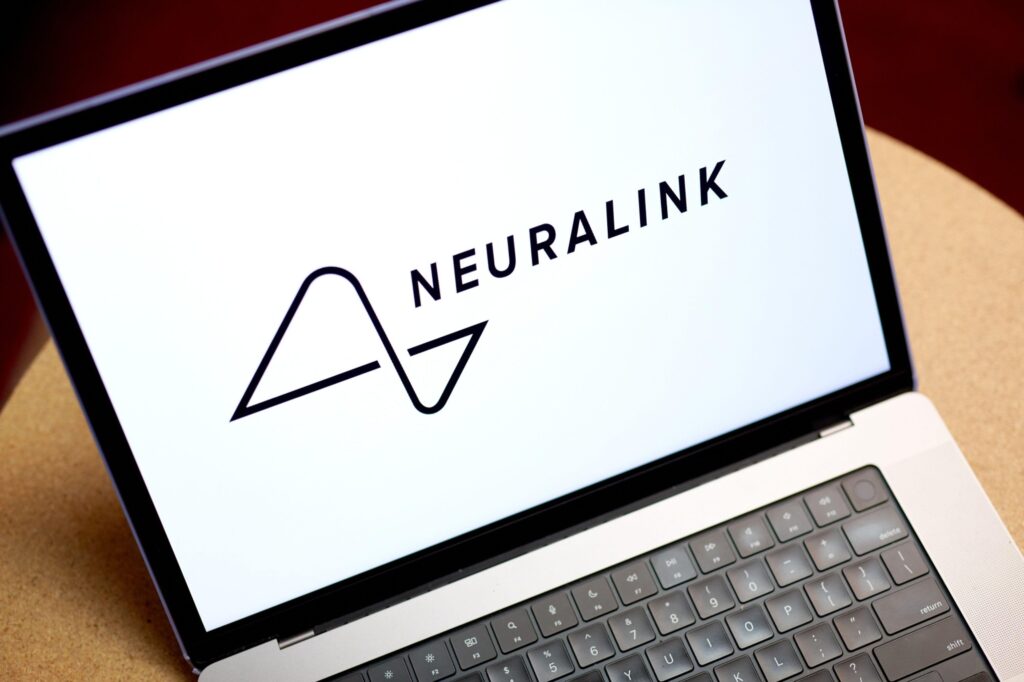Written by Sarah McBride and Dana Hull
Elon Musk's Neuralink Inc. on Wednesday livestreamed an update on its first brain implant patient, introducing a quadriplegic man who can use his head to play video games and online chess.
Click here to follow our WhatsApp channel
Neuralink is a brain technology startup founded by Musk. The implant allows patients to control computers using their thoughts. Musk said the company will start by treating patients with severe physical limitations, such as cervical spinal cord injuries or quadriplegia.
In a video posted Wednesday on Musk's social platform X, patient Noland Arbaugh was able to use a computer to play chess and the game “Civilization VI.” “I had given up on playing that game,” he said.
“It's already changed my life,” Arbaugh said. “The surgery was very easy.”
Arbaugh, 29, said he suffered a spinal cord injury in a “freak diving accident” eight years ago. He also said he was discharged from the hospital the day after his Neuralink surgery in January, which went smoothly. He added that “there is still work to be done” to improve his technique.
Neuralink isn't the only company developing brain devices that connect to computers. The latest demonstrations of cursor control using thought have been done in other humans with different types of implants, such as those deployed by the BrainGate consortium of research institutions and hospitals.
However, the Neuralink device contains more electrodes than other devices, suggesting it may have more potential applications in the future. Neuralink technology works without the need for a wired connection to an external device.
In a post on X on Wednesday, Musk hinted that the device may have the ability to restore vision. “Blindsight is the next product in telepathy,” he wrote, referring to the name of an implant for paralyzed patients.
Kip Alan Ludwig, co-director of the Wisconsin Institute for Translational Neuroengineering, said, “He's happy that he can now connect to computers in a way that he couldn't before the transplant.'' . “This isn't groundbreaking compared to what others have shown before, but it's certainly a good starting point.”
According to Arbaugh's Facebook page, which has not been publicly updated since 2017, his accident occurred at a children's camp in June 2016. In 2017, he successfully raised $10,000 to purchase an accessible custom van through a GoFundMe campaign.


